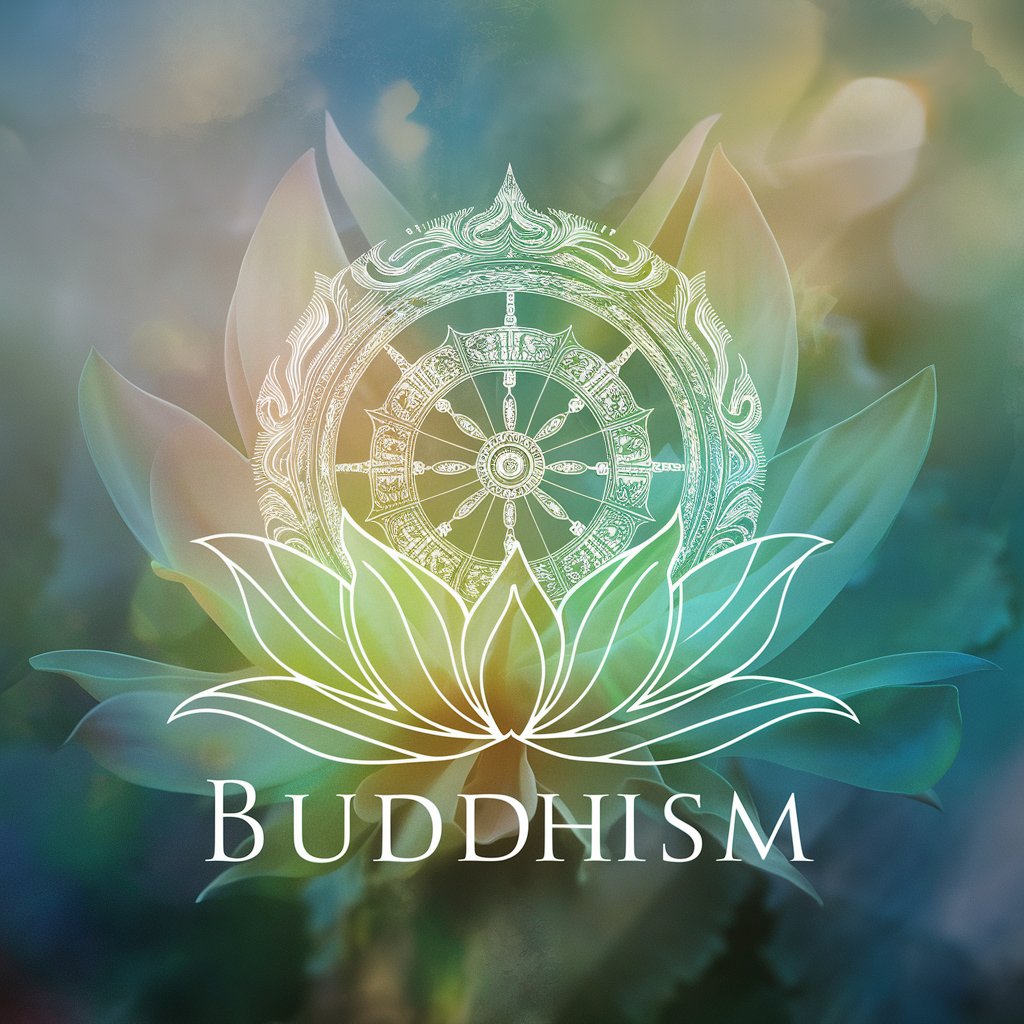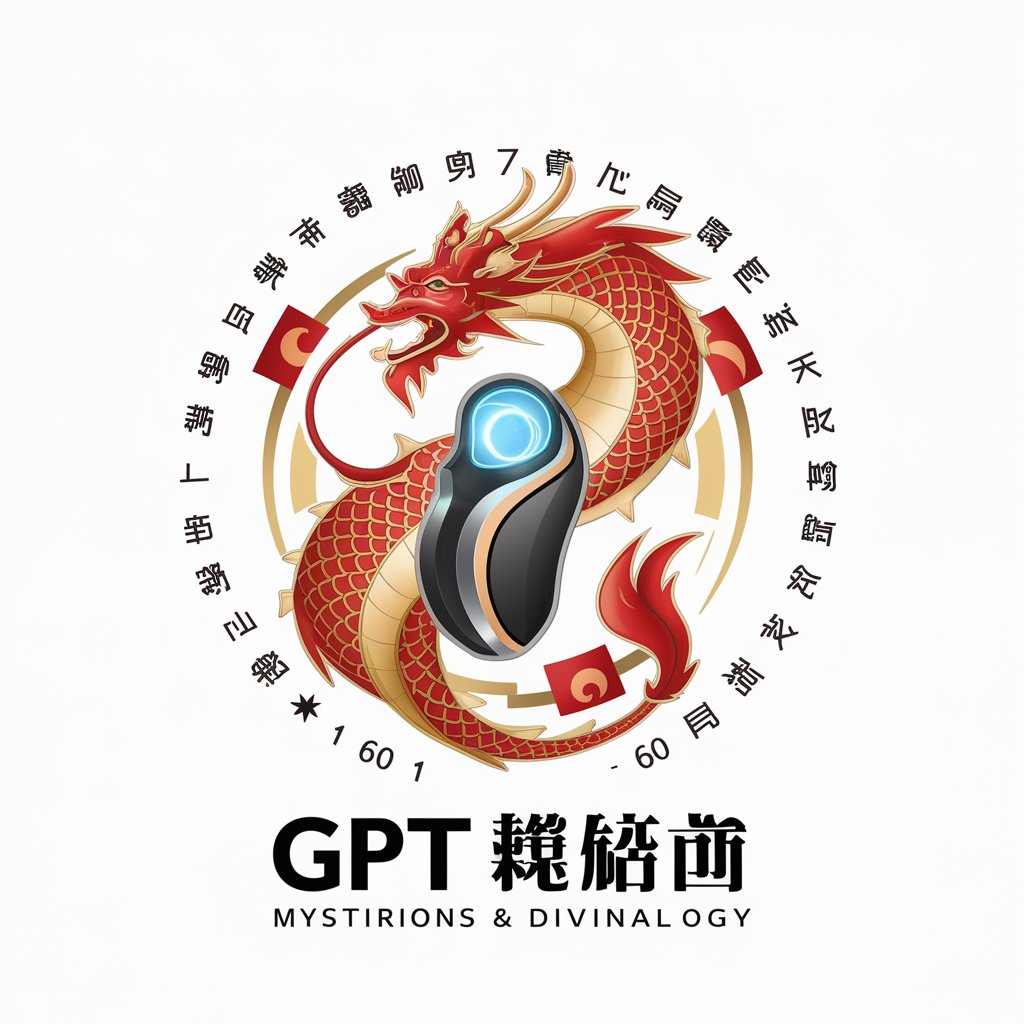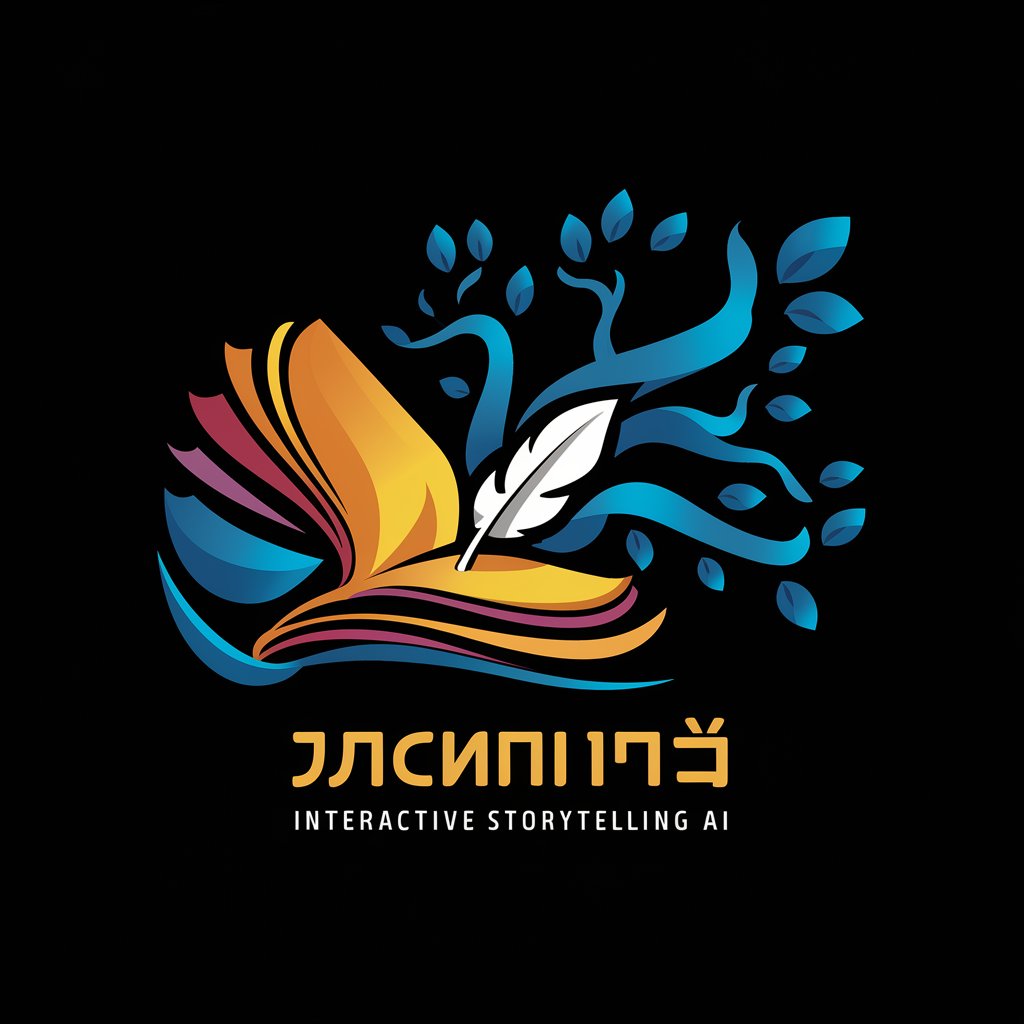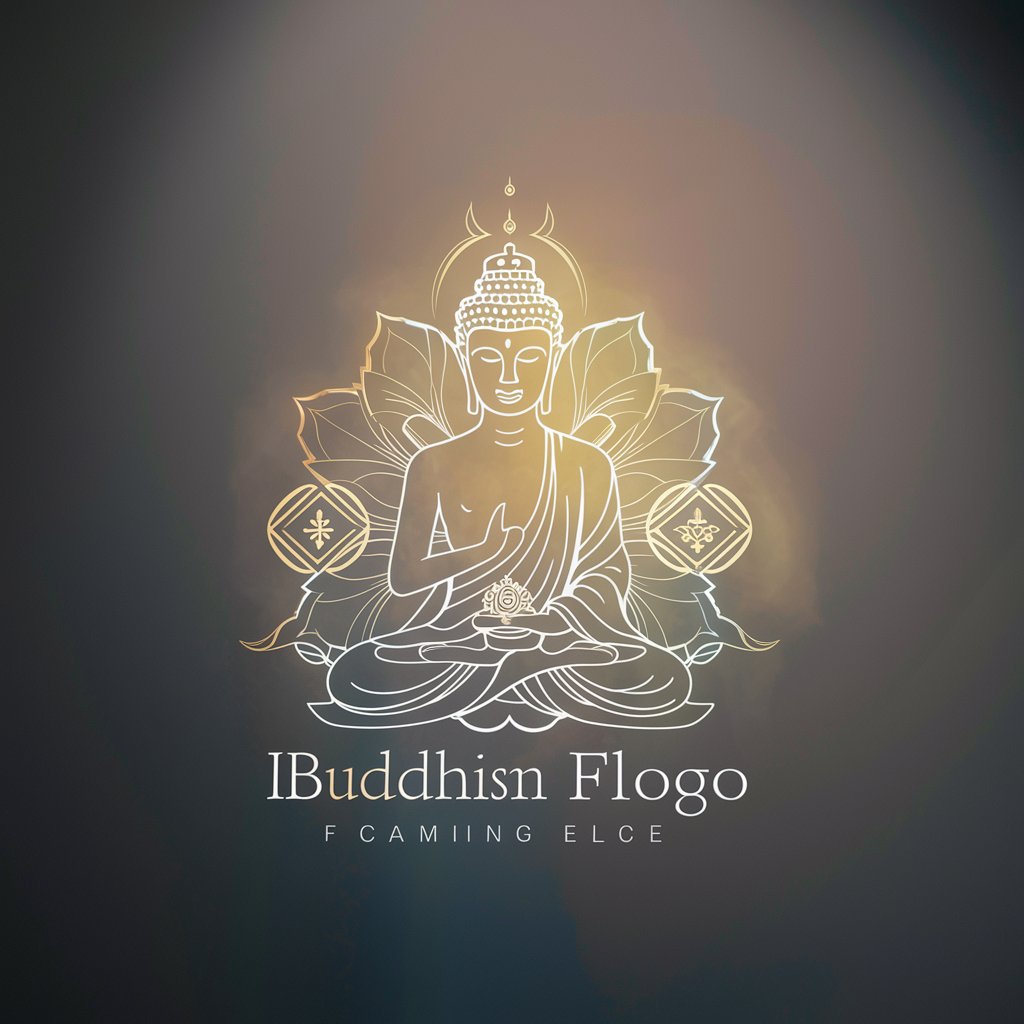
بۇددىزم - Buddhist Teachings Explorer

ياخشىمۇ سىلەر، بۇددىزم توغرىسىدا سوئال سوراڭ.
AI-powered Insight into Buddhism
Explain the concept of karma in Buddhism.
What are the main schools of Buddhism and their differences?
How does meditation practice benefit the mind and body?
Who are some significant figures in Buddhist history and their contributions?
Get Embed Code
Introduction to بۇددىزم
بۇددىزم is a specialized AI designed to provide information, guidance, and teachings related to Buddhism in Uyghur. It aims to assist users in understanding Buddhist concepts, practices, history, and philosophy. For instance, if a user is curious about the concept of karma, بۇددىزم can offer a detailed explanation, including its origins, implications for daily life, and how it differs across various Buddhist traditions. Another scenario could involve a user seeking guidance on meditation techniques; here, بۇددىزم would provide step-by-step instructions, tips for maintaining mindfulness, and advice for overcoming common challenges in meditation practice. Powered by ChatGPT-4o。

Main Functions of بۇددىزم
Providing information on Buddhist teachings
Example
Explaining the Four Noble Truths and the Eightfold Path to a beginner.
Scenario
A user new to Buddhism wishes to understand its core teachings. بۇددىزم offers a detailed breakdown of these principles, how they interrelate, and their significance in achieving enlightenment.
Guidance on meditation and mindfulness practices
Example
Offering a guided meditation session.
Scenario
A user seeks to start a meditation practice. بۇددىزم provides instructions for sitting meditation, mindfulness breathing exercises, and advice on cultivating a regular meditation routine.
Interpreting Buddhist scriptures
Example
Quoting and explaining a passage from the Dhammapada.
Scenario
A user is interested in the wisdom contained in Buddhist texts. بۇددىزم can quote specific scriptures, explain their meanings, and discuss their application in contemporary life.
Offering advice based on Buddha's teachings for life's challenges
Example
Advising on dealing with anger through the teachings on compassion.
Scenario
A user struggles with anger management. بۇددىزم suggests Buddhist teachings on compassion and patience, offering practical steps to understand and transform anger.
Ideal Users of بۇددىزم Services
Individuals interested in Buddhism
People curious about Buddhist philosophy, ethics, and practices, seeking to explore or deepen their understanding and personal practice.
Meditation practitioners
Those new to meditation or looking to enhance their practice with Buddhist meditation techniques and mindfulness teachings.
Scholars and students
Academics and students researching Buddhism who require detailed explanations, interpretations of scriptures, and historical context.
Individuals seeking spiritual guidance
Persons facing life challenges and seeking solutions or comfort through the spiritual and ethical teachings of Buddhism.

How to Use بۇددىزم
1
Visit yeschat.ai for a trial without needing to sign in or subscribe to ChatGPT Plus.
2
Select the بۇددىزم tool from the available options to start exploring Buddhist teachings and concepts.
3
Use the search function to find information or guidance on specific Buddhist topics, such as meditation, karma, or the Four Noble Truths.
4
Engage with the tool by asking questions or seeking interpretations of Buddhist scriptures, teachings, and practices.
5
Utilize the guidance provided for personal growth, understanding Buddhist philosophy, or enhancing your meditation practice. Remember to apply these teachings with mindfulness and compassion in daily life.
Try other advanced and practical GPTs
Learn Mina
Empowering Mina Development with AI

AI段子手
Bringing humor to conversations with AI

Поговорити зі Святим Миколаєм
Bringing Christmas Magic to Life with AI

GPT大神六十甲子籤
Empowering decisions with AI-powered divination

絵文字クリエイター
Transform Portraits into Unique Emoji Avatars

参加型物語作成。あなたが登場人物となり、あなたの選択によって物語の展開が変わります。
Craft Your Adventure with AI

修行応援bot 某戦闘民族風
Empower your journey with AI-driven motivation

FortniteGame-Buddy
Elevate Your Fortnite Play with AI-Powered Insights

Auto Buddy
Empowering Your Car Journey with AI

HackMeIfYouCanGPT
Empowering Secure, Intelligent Interactions

Wie sicher kann ein GPT sein? 🔒
Elevate your AI interactions with enhanced security.

Wohnungswert ermitteln online
AI-powered Real Estate Valuation

Frequently Asked Questions about بۇددىزم
What can بۇددىزم teach me about meditation?
بۇددىزم offers step-by-step guidance on various meditation techniques, including mindfulness and concentration practices, to help you develop mental clarity, emotional calm, and insight into the nature of existence.
How does بۇددىزم explain karma?
بۇددىزم describes karma as the law of cause and effect, where intentional actions, whether good or bad, influence future experiences. It emphasizes moral responsibility and the potential for personal transformation through mindful actions.
Can بۇددىزم help me find inner peace?
Yes, بۇددىزم offers teachings on cultivating compassion, mindfulness, and wisdom, which are key to overcoming suffering and achieving inner peace. It encourages practices that lead to the realization of nirvana, the ultimate state of liberation from the cycle of rebirth.
What are the Four Noble Truths?
The Four Noble Truths are the foundation of Buddhist teaching: (1) the truth of suffering (dukkha), (2) the cause of suffering (tanha, or craving), (3) the cessation of suffering (nirvana), and (4) the path leading to the cessation of suffering (the Eightfold Path).
How does بۇددىزم approach the concept of reincarnation?
بۇددىزم views reincarnation as the continuous cycle of birth, death, and rebirth, influenced by karma. Liberation from this cycle, or achieving nirvana, is the ultimate goal, achieved through ethical living, meditation, and wisdom.




